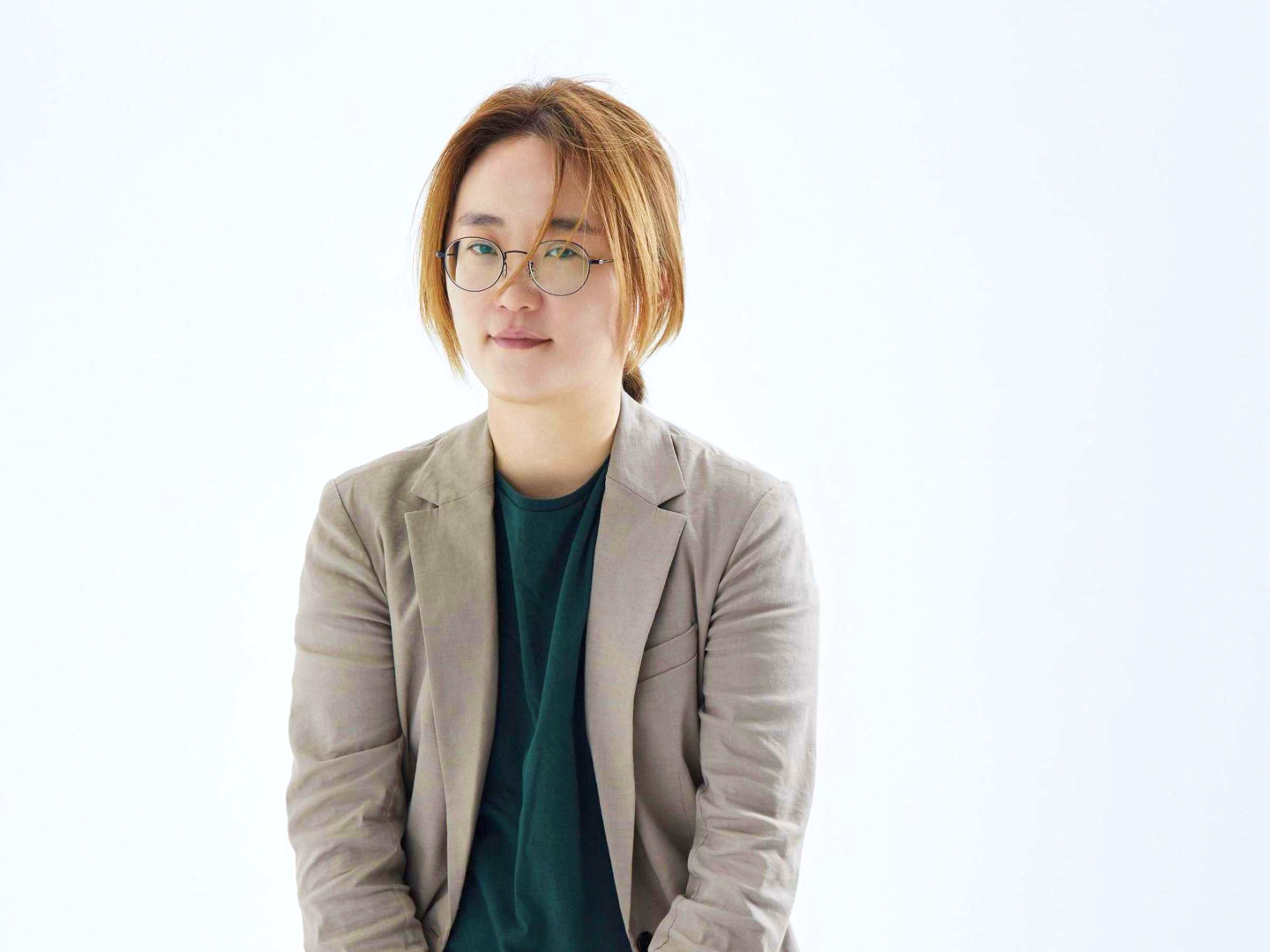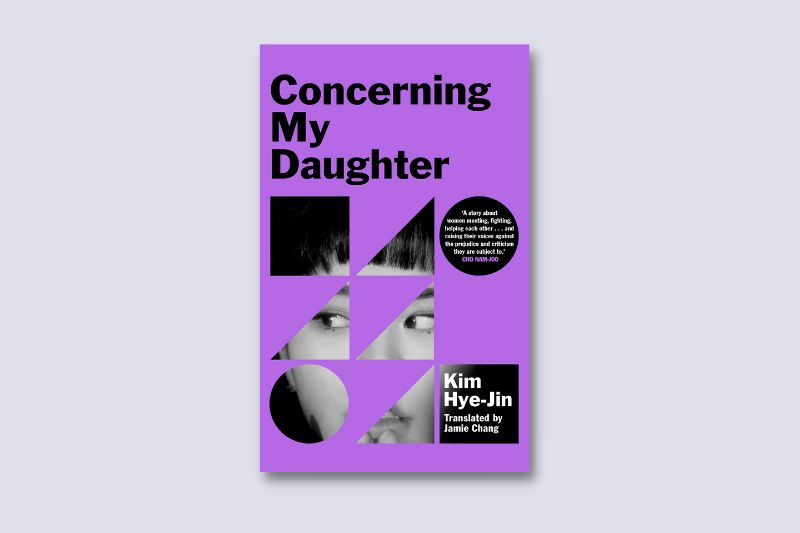
The best-selling Korean writer weaves in pressing societal problems in her book (Photo: Minumsa)
Translated from the Korean by Jamie Chang, Concerning My Daughter is the first book by Kim Hye-Jin available in English. The author spotlights issues such as cost of living, discrimination against LGBTQ communities, generational differences, ageing and loneliness in South Korean society.
Green, a 30-something-year-old woman, is threatened by the increase of rent prices. Feeling lost and confused, she seeks help from her mother — our unnamed narrator — asking whether the latter can get a loan on her behalf. Green works as an itinerant university lecturer and is not eligible for loans or public housing because of her non-permanent job status. After some thought, her mother invites her to move in.
Mother, however, gets another unpleasant surprise when Green brings a woman, Lane to live together. Conflicts arise when mum learns that they are more than just friends — Lane is Green’s long-term girlfriend. She is also the one who gave Green her nickname, which annoys the mother even further. After accusing Lane of ruining her daughter, she tells her to leave Green so the latter can “blend in” and live an “ordinary life”.
It is easy to brand the mother as traditional or homophobic. But as the story goes on, readers will understand why she is concerned about her daughter’s life choices, thus making it quite impossible to hate her. At 70 years old, all she can claim control and exercise ownership over is an old, decaying home left behind by her deceased husband.
She is still working in a low-paying job as a caretaker at a nursing home looking after a dementia patient, Jen. She needs money to afford hospital bills and medicine, insurance, living expenses and emergency funds: “Labour without end. The thought that no one can save me from this exhausting work. Concern over what will happen when the moment comes when I cannot work anymore. In other words, what worries me isn’t death, but life.”
The mother has grown attached to Jen, in whom she sees her miserable future. When Jen was young, she was a successful diplomat overseeing matters involving the well-being of children in developing countries. Now that she is old and ill, she has no family to look after her, and is treated harshly by the facility. In one instance, she is forced to reuse diapers, which worsens the wound on her back.
kim_hye-jin_concerning_my_daughter.jpg

This situation frustrates Mother because she thinks Jen is spending her last days in confined solitude, denied of respect and quality care that she deserves as someone who devoted her youth to the betterment of society. The narrator raises questions about the value of growing old, especially when you are by yourself. It is because of this reason that she wants Green to have a family and kids who can look after her: “The thought of my daughter meeting the same fate as Jen is enough to stop my heart.”
In one incident, Green is involved in a protest at her university following the unfair dismissal of fellow gay lecturers. She actively participates in the demonstration, demanding that the authorities grant everyone the basic right to work, and to keep professional and private life separate. The mother is taken aback by the event and is heartbroken by the discrimination faced by those in the same position as her daughter. Although she does not say it out loud, she finds resemblance in the treatment received by Jen and Green.
She begins expressing a desire for change, something she never cared for her whole life. “I was born and raised in this culture where the polite thing to do is to turn a blind eye and keep your mouth shut, and now I’ve grown old in it. So why am I suddenly seeing these things as if for the first time at this point in my life when I’ve already spent a lifetime going along with it and not saying a word? Why make such a big deal out of this?”
The mother wants to get to know her daughter, whom she feels has grown distant from her. Although she is scared of the answers — “With no expectation, agenda or fear, I want to ask anything and wait for the answer. But how frightening it is to become aware of things.” — she does not want to be the kind of parent who runs away.
A hardworking person who struggles financially, the mother acknowledges the hardship everyone faces to keep their head above water. Someone’s sexuality should not be the reason they are denied jobs or treated unfairly at the workplace, she claims. “What if she gets fired from her work, becomes a slave to making ends meet, falls into poverty, and must go on doing exhausting physical labour into old age like I do? I am afraid of that happening to her. And that has nothing to do with my daughter liking women. I am not begging you to understand these kids. Only that you let them do the work they are good at and compensate them for it.”
Concerning My Daughter can be challenging to read due to the absence of quotation marks, but it is not difficult for readers to navigate as Kim gives Mother the biggest voice throughout the story. Will she finally come to terms with her daughter’s life choices? It’s an “endless, repetitive battle” she is unsure she can win.
Purchase a copy of 'Concerning My Daughter' at RM95.90 from Kinokuniya here.
This article first appeared on Jan 9, 2023 in The Edge Malaysia.


